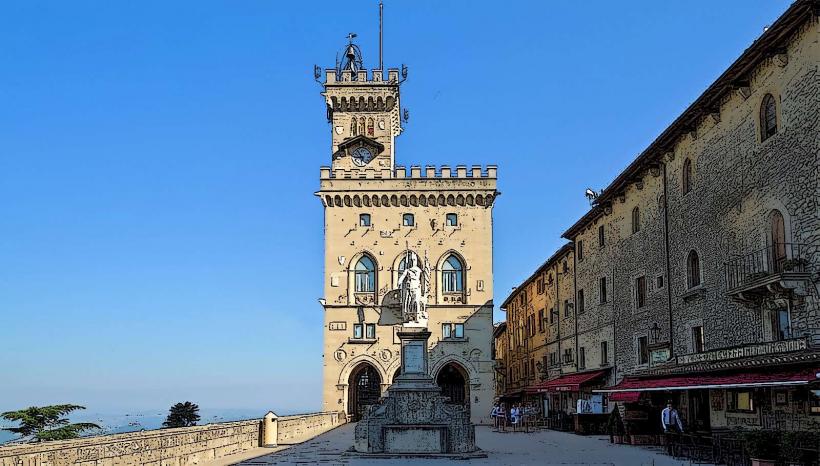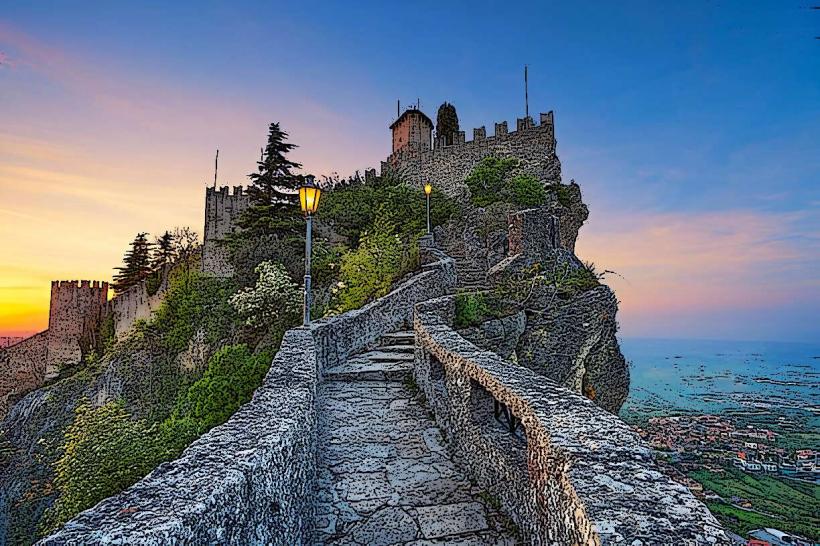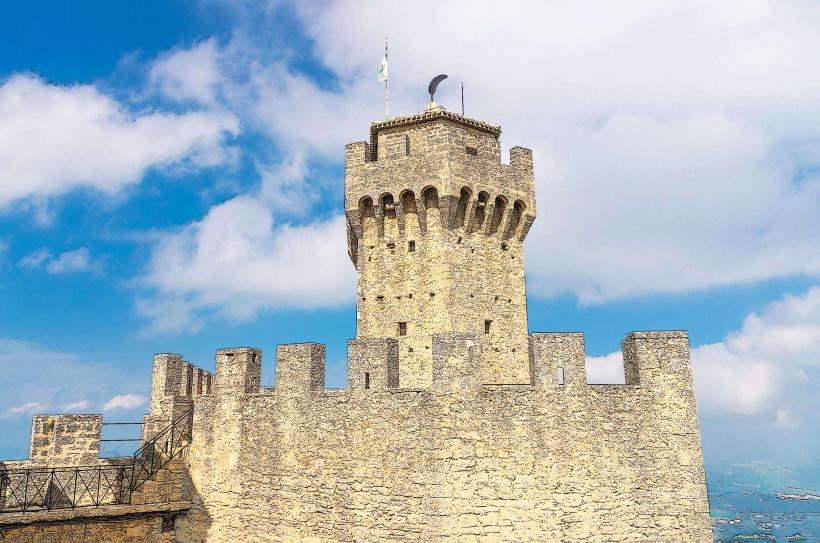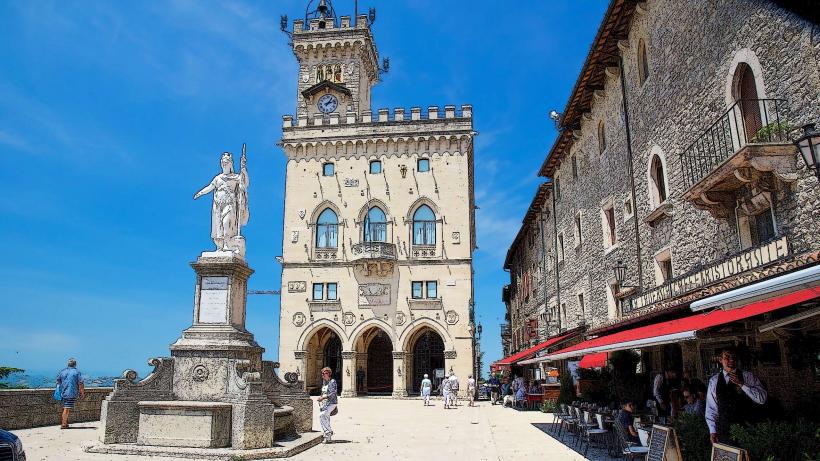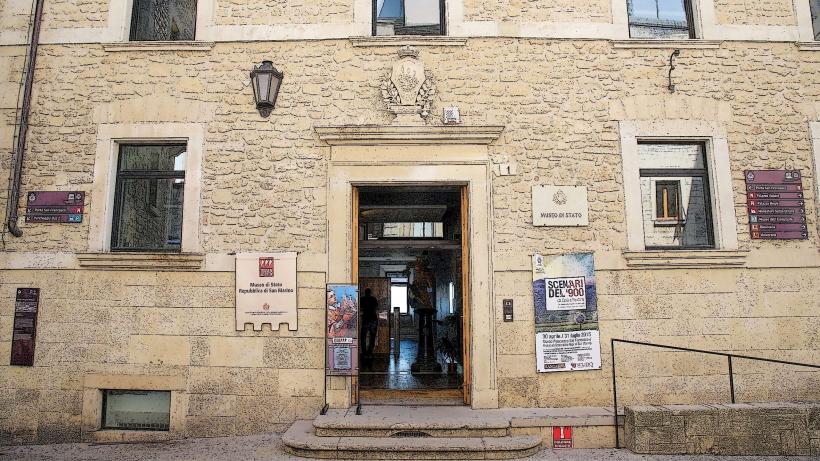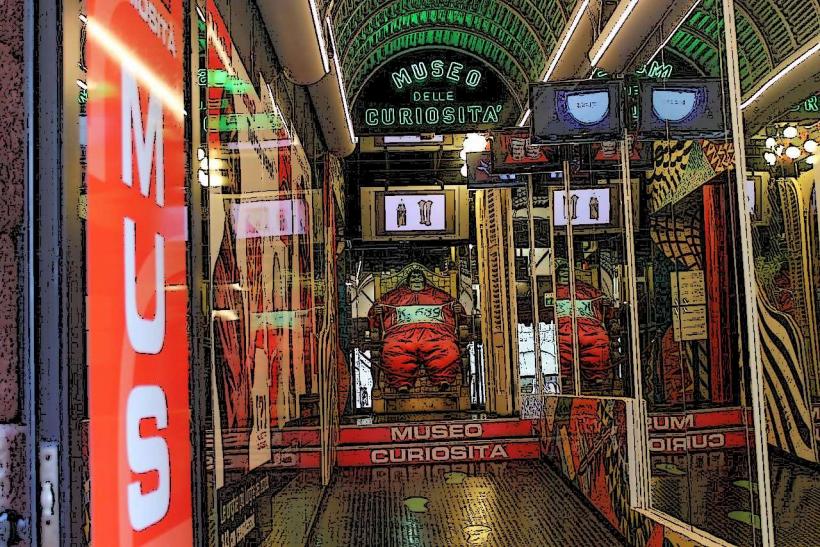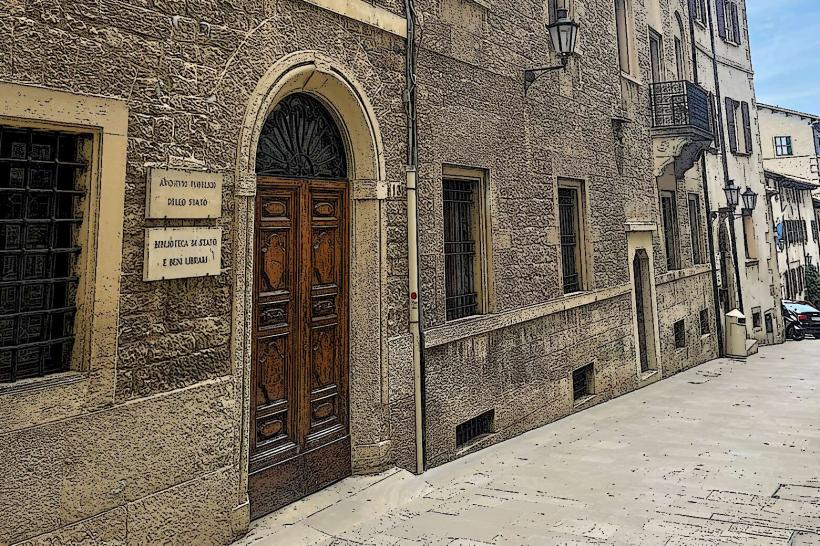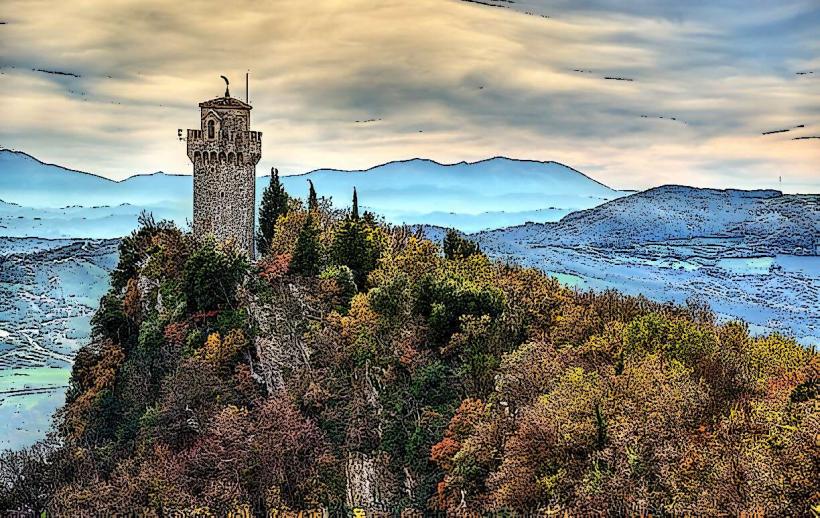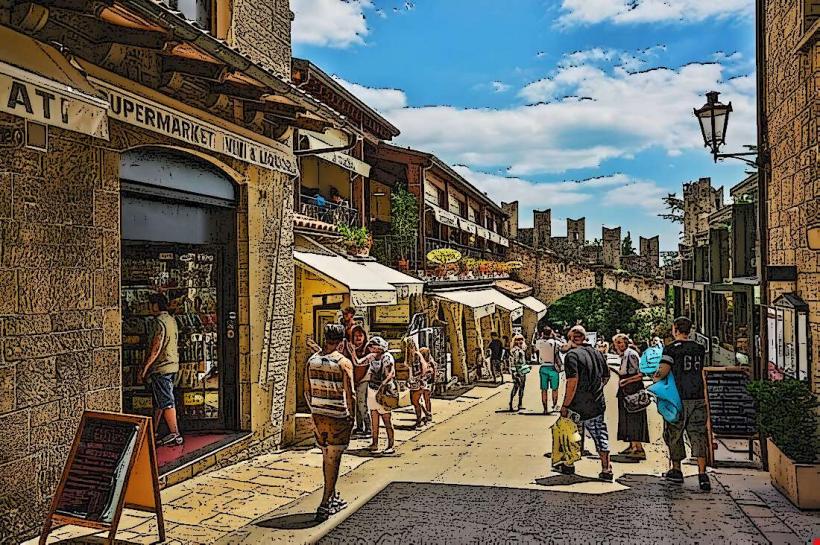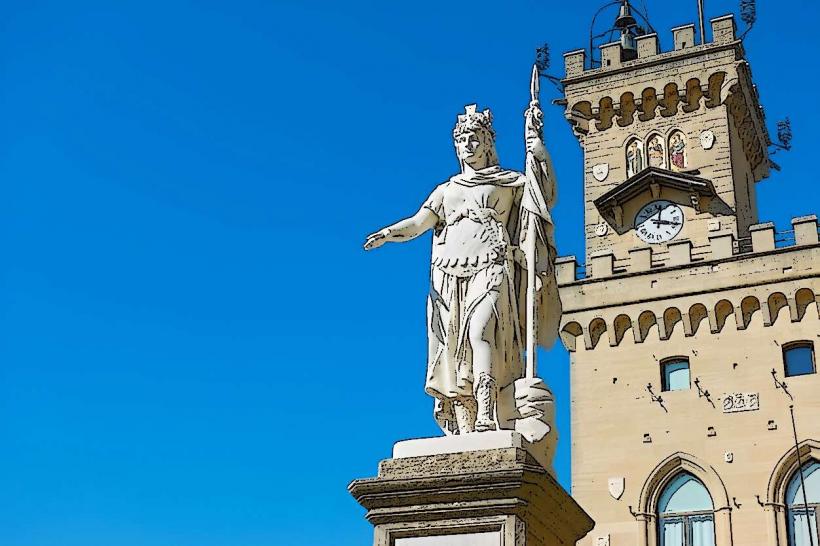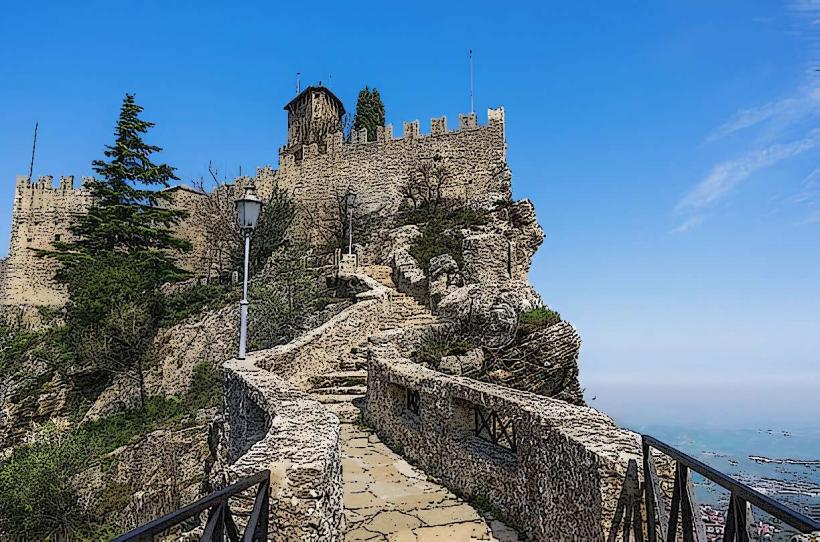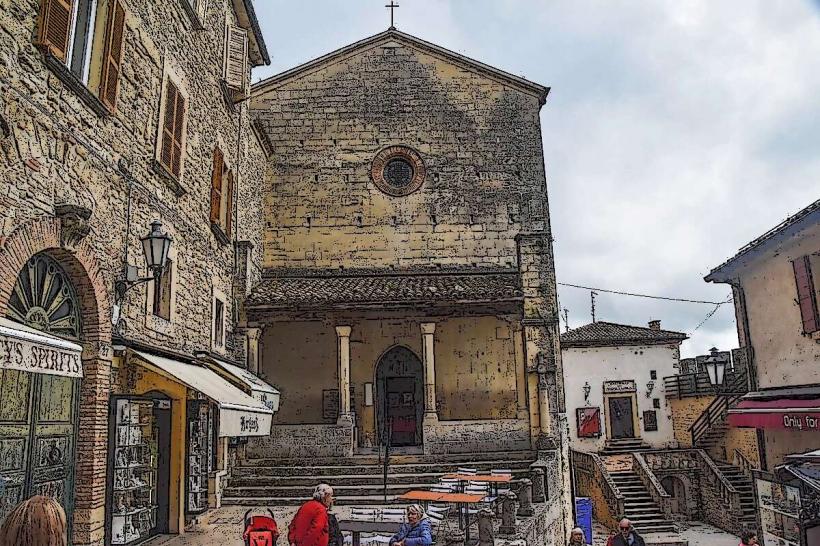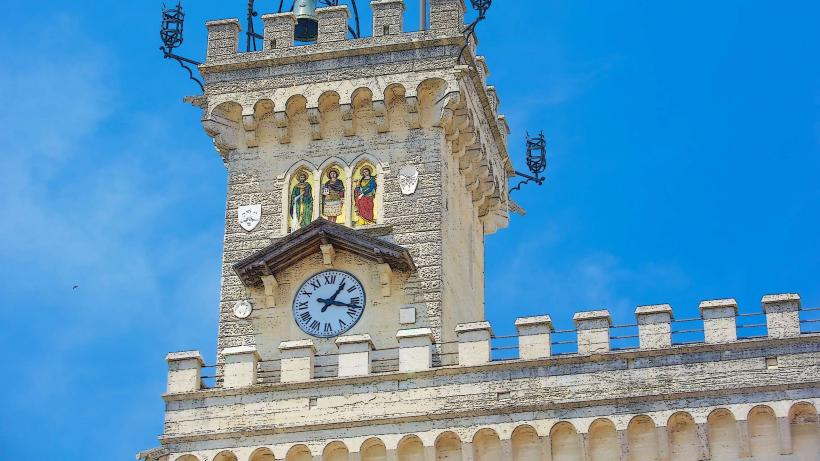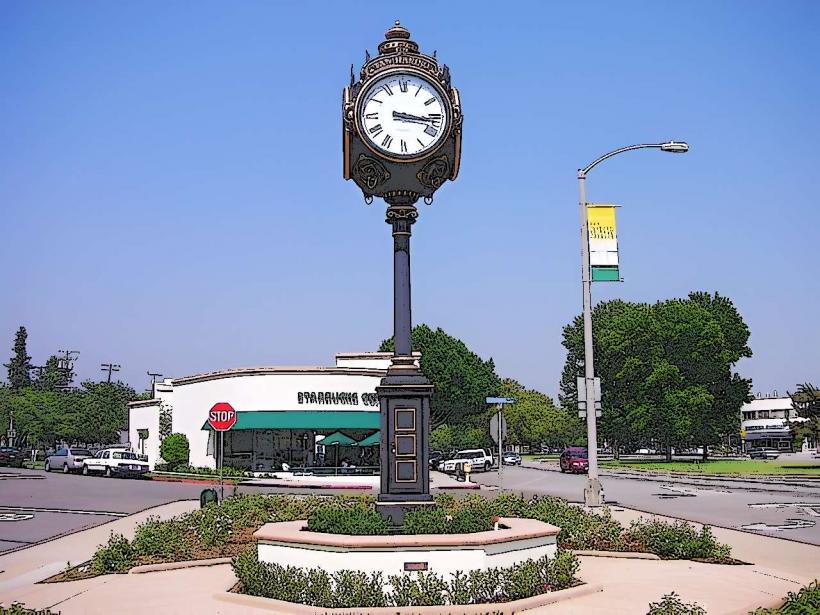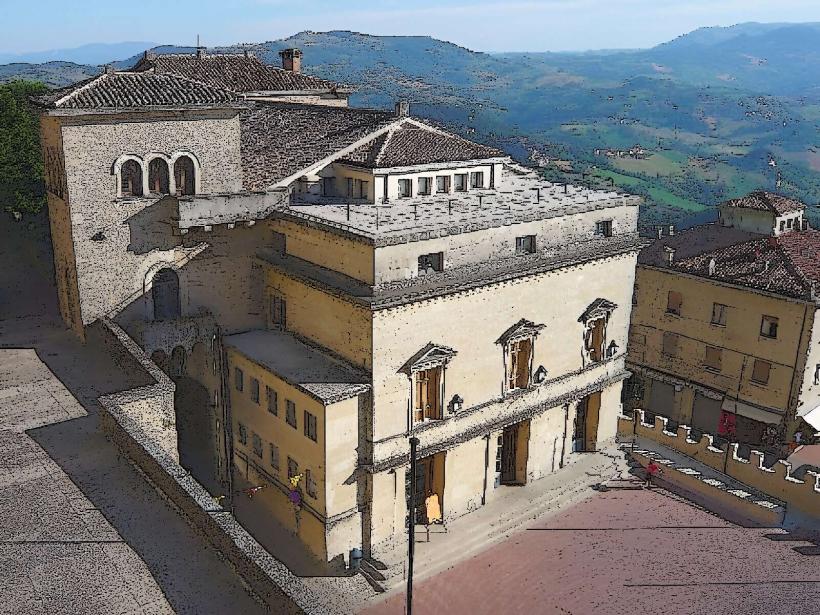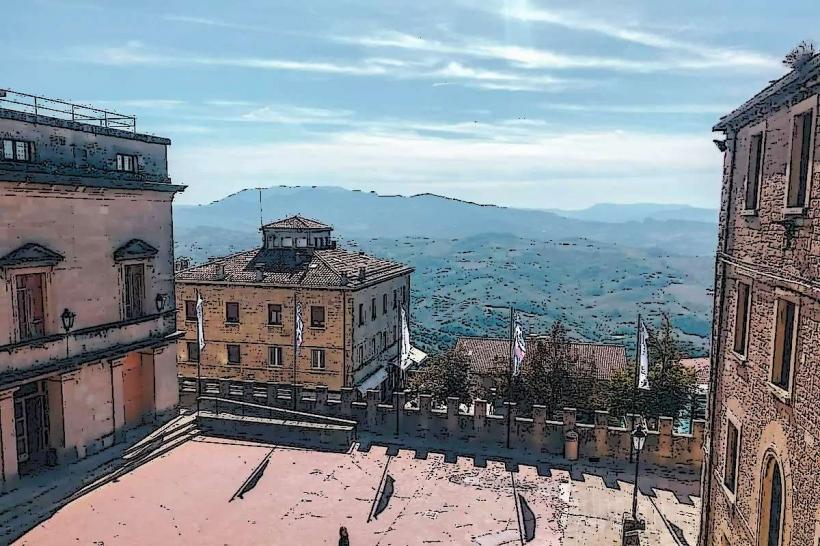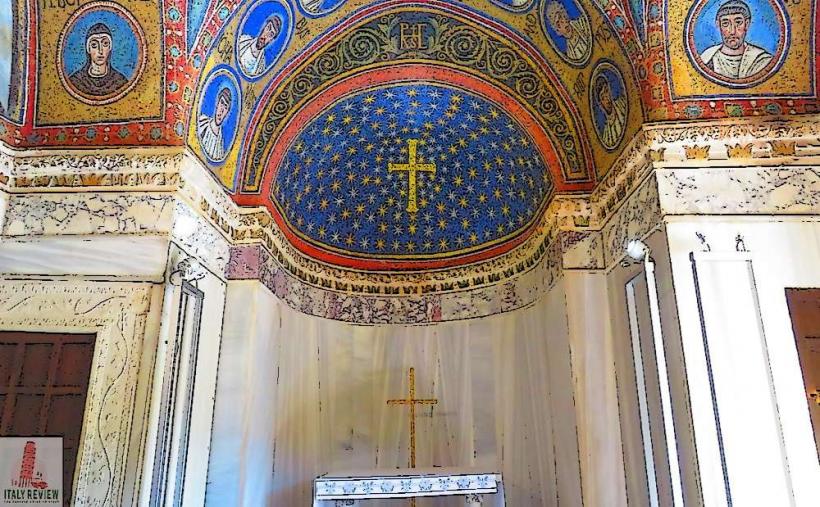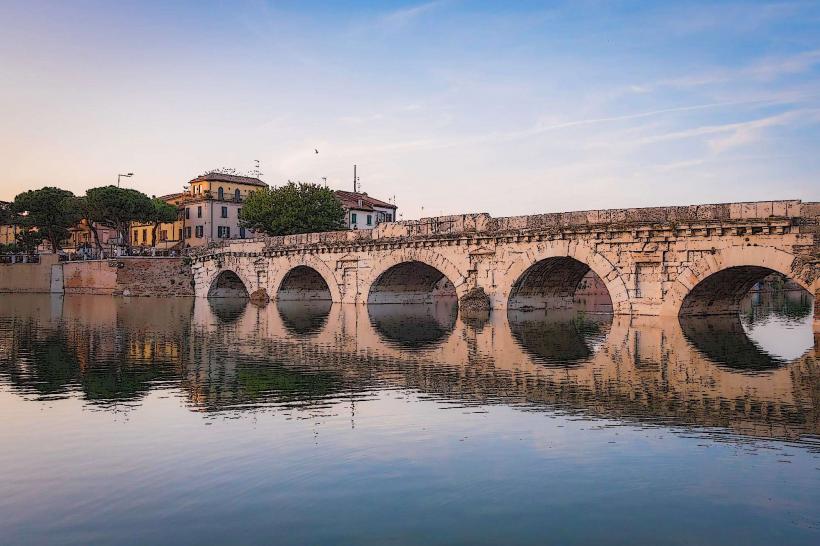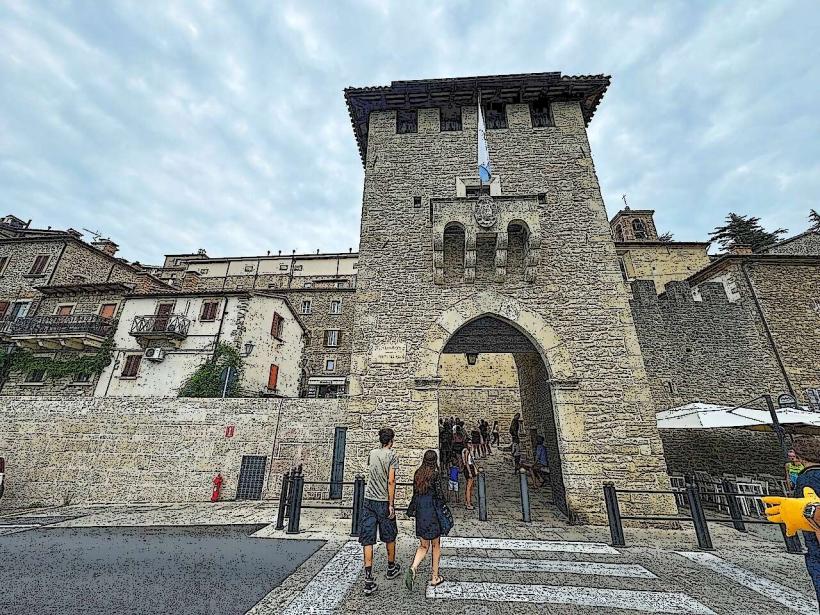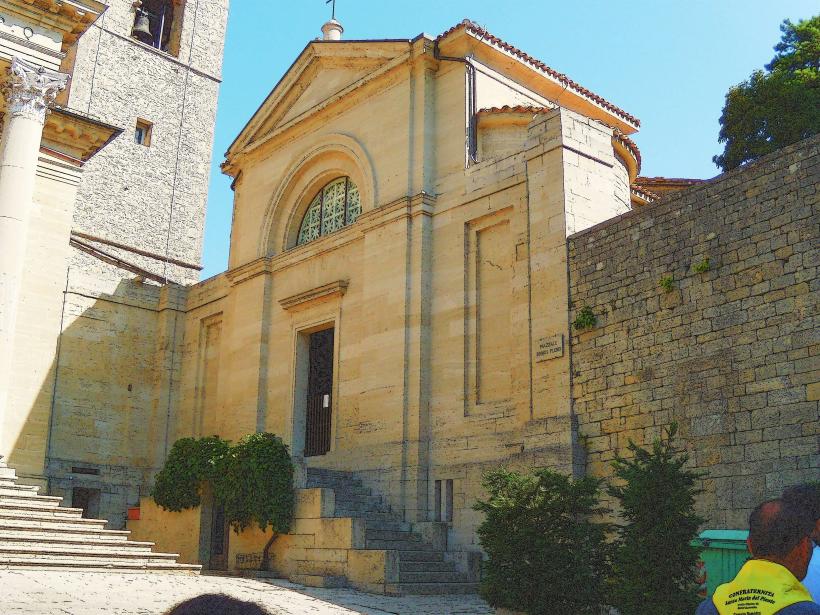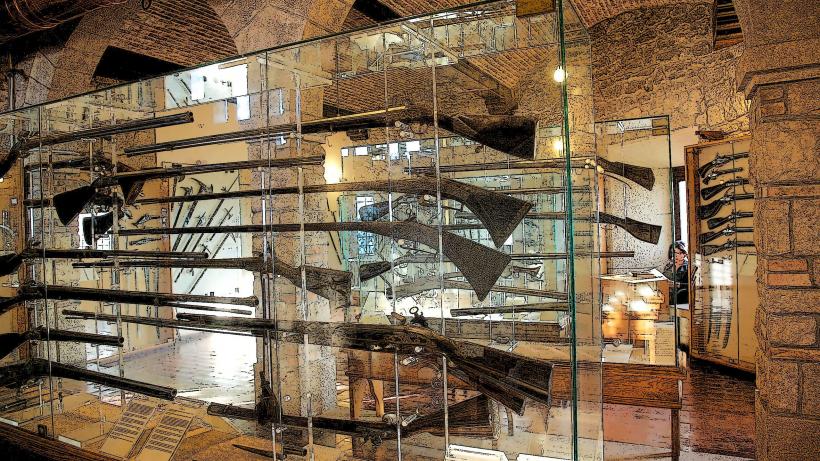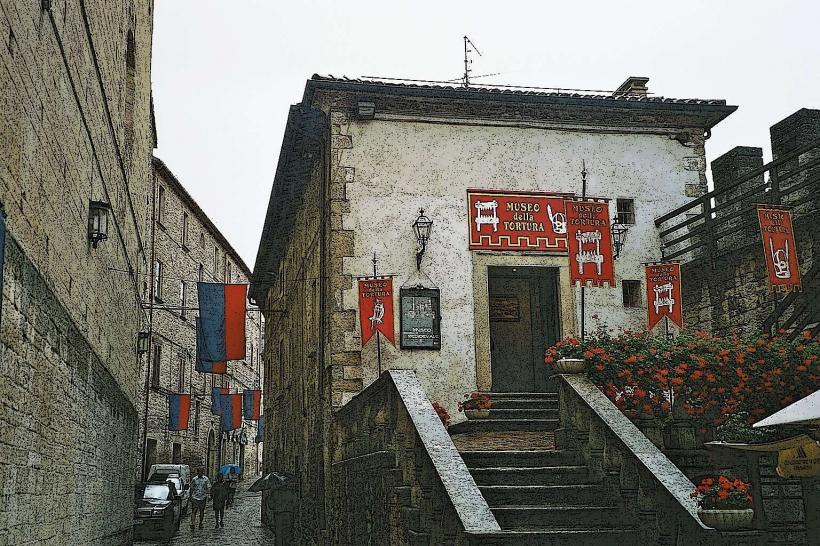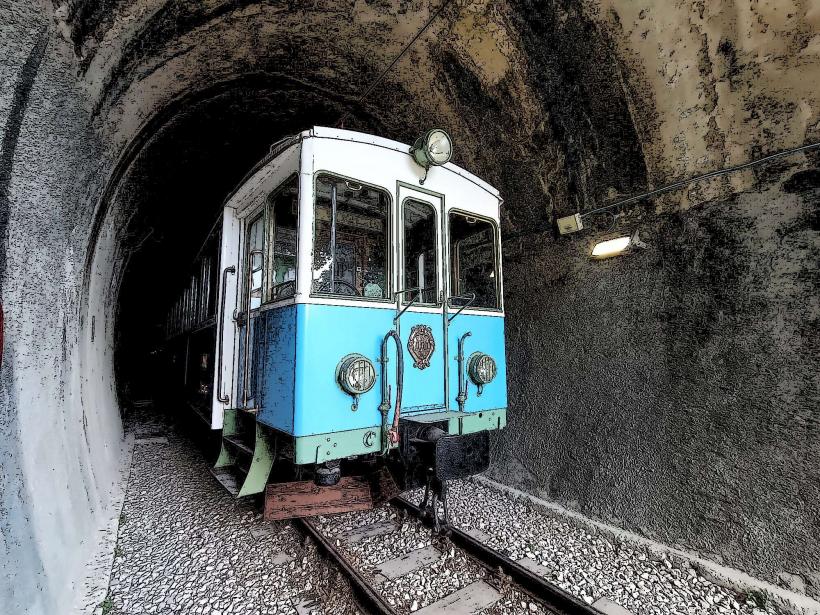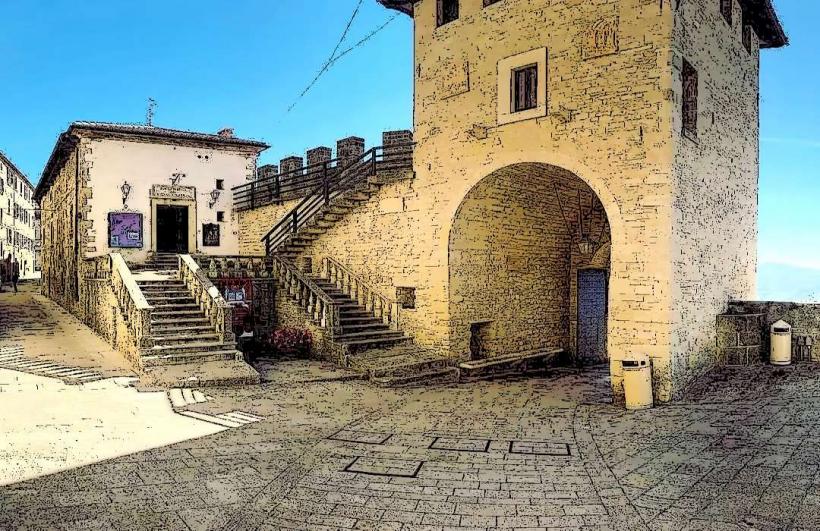Information
Landmark: Basilica di San MarinoCity: City of San Marino
Country: San Marino
Continent: Europe
Basilica di San Marino, City of San Marino, San Marino, Europe
The Basilica di San Marino (Basilica of Saint Marino) is one of the most important religious and architectural landmarks in the Republic of San Marino. Located in the historic center of the capital city, it is dedicated to Saint Marino, the patron saint of the country and the founder of the Republic. The basilica is a major place of worship and a key site for both locals and visitors interested in the history and culture of San Marino.
Key Features:
Historical Significance:
- The Basilica di San Marino is dedicated to Saint Marino, the Christian monk who is believed to have founded the Republic of San Marino in the early 4th century. According to tradition, Saint Marino came to the area from the island of Rab (modern-day Croatia) to escape Roman persecution and established a small community on Mount Titano, which eventually became the Republic.
- The basilica was originally built in the 18th century (specifically 1749-1790) to replace an earlier church that had stood on the same site, marking an important step in the religious and cultural development of San Marino.
- The building is not only a place of worship but also a symbol of the country's identity, reflecting the values of independence, tradition, and faith that have defined San Marino for centuries.
Architecture:
- The neoclassical architectural style of the basilica is marked by clean lines, symmetry, and an emphasis on columns and classical design elements. The church features a simple yet elegant facade, with a large portico supported by six Corinthian columns.
- Inside, the basilica is spacious, with a single nave, and is adorned with beautiful religious artwork, including paintings, sculptures, and altars. The main altar is dedicated to Saint Marino, and the basilica houses his relics.
- The basilica's design is also influenced by Baroque elements, particularly in the interior decoration and the use of ornate altars and frescoes.
Relics of Saint Marino:
- The basilica is the final resting place of Saint Marino, whose remains are housed in a shrine beneath the altar. According to tradition, his remains were moved to the basilica from a previous church on Mount Titano.
- The reliquary containing the saint’s relics is a significant religious object for both the people of San Marino and the wider Christian community.
Interior Decoration:
- The basilica’s interior is decorated with various artworks, including paintings by local and Italian artists, which depict biblical scenes and significant moments from the life of Saint Marino. The frescoes on the walls and ceilings further enhance the basilica's spiritual and historical atmosphere.
- The altar, made of marble, is one of the main focal points of the basilica, and it features a statue of Saint Marino holding a church and a scroll symbolizing his role as the founder of the republic.
The Basilica’s Role in San Marino’s Religious Life:
- The basilica is the main place of worship in the City of San Marino. It serves as the site for important religious ceremonies, including mass, weddings, baptisms, and other liturgical celebrations.
- It is also a key location for annual religious events, such as feasts of Saint Marino and other national celebrations, where citizens and visitors come together to honor the patron saint of the country.
Tourism and Visitors:
- As one of the most important monuments in San Marino, the Basilica di San Marino is a major tourist attraction. It is located in the heart of the historic center, making it easily accessible to visitors who are exploring the city and its many other landmarks.
- The basilica is a peaceful place for reflection, and visitors often take the time to admire its architecture, explore its interior, and learn about the history of the Republic of San Marino.
The Piazza della Libertà:
- The basilica is situated near the Piazza della Libertà, one of the most famous squares in San Marino. The square is home to the Palazzo Pubblico (the government building), and together, these landmarks form a focal point for the city’s historical and cultural identity.
Symbolism:
- The Basilica di San Marino is not only a religious site but also a national symbol of the Republic's faith, heritage, and commitment to preserving its unique identity. It stands as a testament to the endurance of San Marino’s independence, a reflection of the devotion of its people, and an important marker of the country’s deep roots in Christianity.
The Basilica di San Marino is a must-visit for anyone interested in exploring the rich cultural and spiritual heritage of San Marino. It combines religious significance with historical depth, making it one of the most important landmarks in the country.

